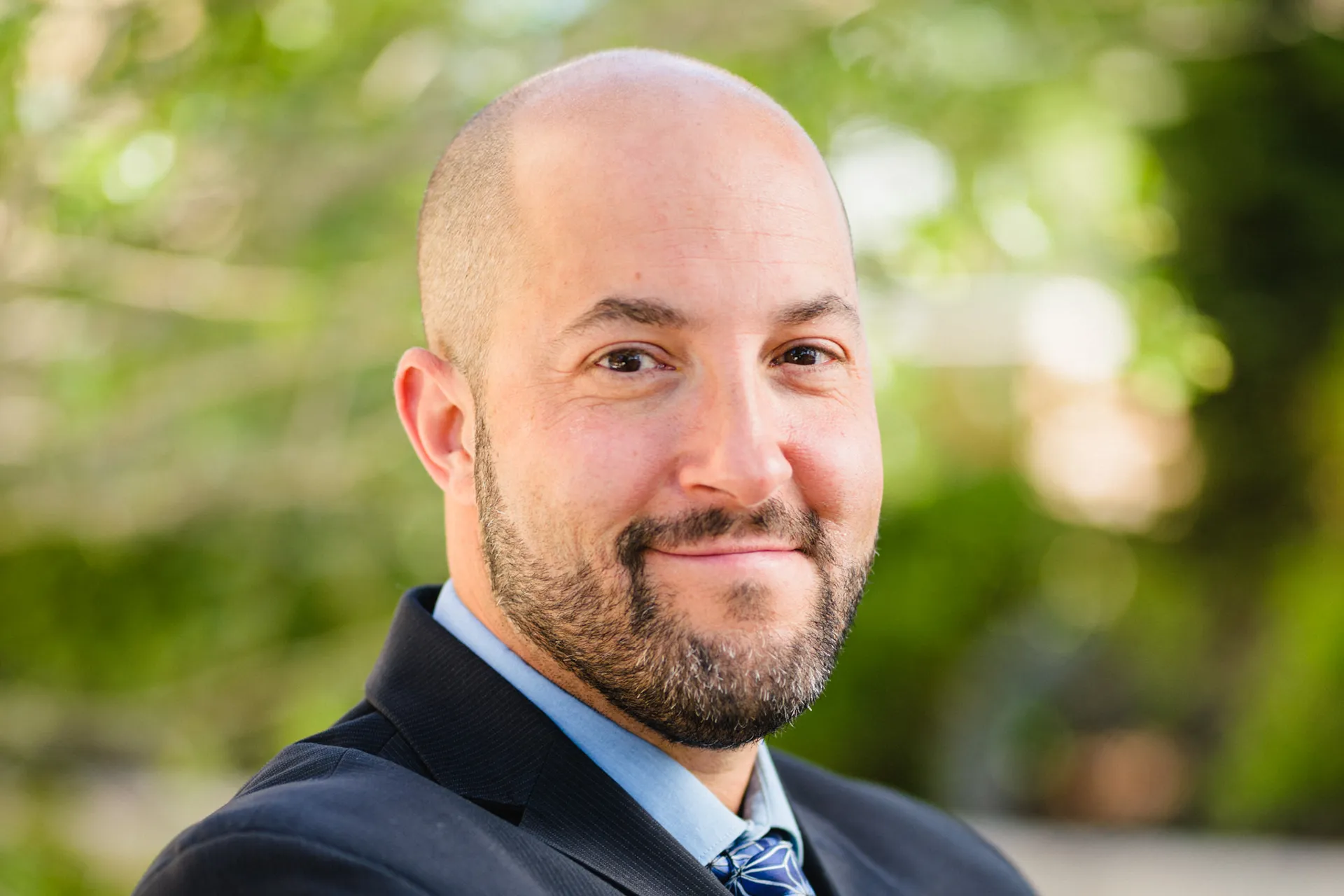Opioid misuse among people with chronic pain fueled the current opioid epidemic. However, to date, there are no evidence-based treatments that simultaneously address chronic pain, opioid misuse, and opioid use disorder (OUD). To meet this need, Dr. Garland designed Mindfulness-Oriented Recovery Enhancement (MORE) through a decade-long treatment development process funded by the National Institutes of Health. Rooted in affective neuroscience, MORE unites complementary aspects of mindfulness training, third-wave CBT, and positive psychology into an integrative therapy to target the brain’s reward system and reduce addictive behavior, stress, and chronic pain. This session will detail the theory underlying the MORE treatment approach, research data demonstrating MORE’s effectiveness, and unique clinical skills integral to this novel treatment approach. To date, MORE has demonstrated efficacy for opioid misuse and chronic pain in five clinical trials involving over 550 patients. Across these studies, MORE has been shown to decrease opioid misuse twice as effectively as standard psychological therapy, while simultaneously reducing pain, craving, depression, and PTSD symptoms. At the same time, as a result of the savoring techniques taught in MORE, this novel therapeutic approach increases brain responses to natural rewards, healthy pleasure, and meaningful life experiences – something that no other therapy has been shown to do. Given the effectiveness of this novel therapeutic approach, MORE should now be disseminated by behavioral health providers throughout the country to help stem the tide of the opioid crisis.
Course Objectives
At the conclusion of this course, participants will be able to:
- Identify at least three overlapping cognitive, affective, and neurobiological mechanisms implicated in substance use disorders, affective disorders, and chronic pain
- Explain the theoretical framework underpinning MORE
- Describe at least three therapeutic techniques to reduce craving, regulate addictive behavior, decrease negative emotions, and manage chronic pain
Instructional Level
Licensed mental health professionals employed through Kaiser Permanente and psychological assistants performing under supervision of a licensed psychologist.
This CE program is free to Kaiser Permanente employees.
Instructional Methodology
Lecture
Audio/Visual
On-line Presentation
Continuing Education Information
Kaiser Permanente Northern California Mental Health Training Program is approved by the California Psychological Association to provide continuing professional education for psychologists. The Kaiser Permanente Northern California Mental Health Training Program maintains responsibility for this program and its content.
Refund and Attendance Policy
All programs offered on KP Learn for CE credit through the KP Northern California Mental Health Training website are free of charge to Kaiser Permanente Staff and trainees. Once a course is selected in the KP NCAL MH Training Website, the registration process begins, and it will appear in the individuals KP Learn profile for completion within 90 days.
IMPORTANT NOTICE: Those who attend the program in full and complete the appropriate evaluation form will receive CE credits. Please note that credit will only be granted to those who attend the entire program. An attestation of attendance will be given once the individual has completed viewing the program, which will then initiate the final steps of completing the evaluation forms to receive a certificate of completion.

